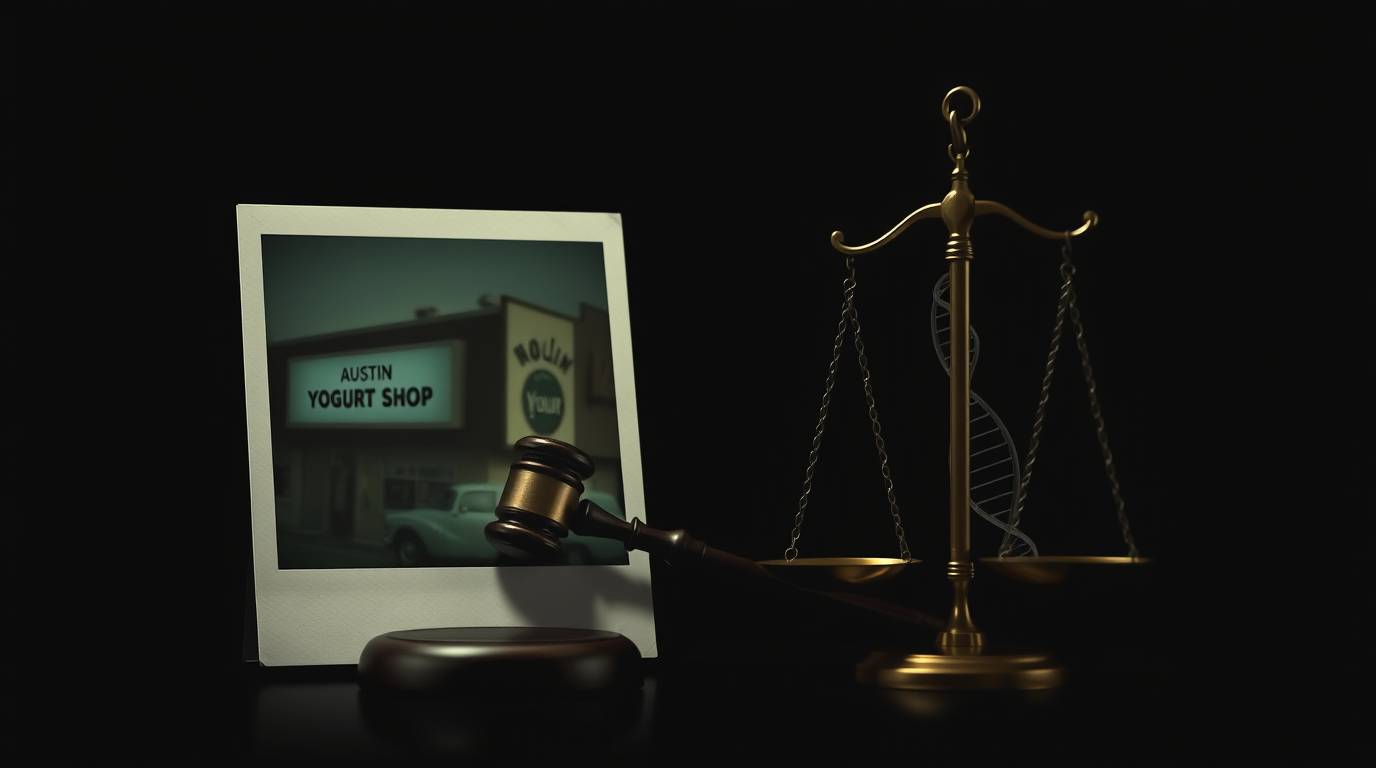Candace Owens & Why US Libel Law Is a Disaster
American libel law is supposed to protect reputations from malicious falsehoods. Instead, it often functions as a powerful tool for the wealthy and connected to punish their critics. The system is fundamentally broken, creating a chilling effect on free speech and public discourse. Consequently, understanding its flaws is more critical than ever. The high-profile case involving commentator Candace Owens perfectly illustrates these systemic failures. This article will explore why US libel law is a disaster and how it impacts everyone’s right to speak truth to power.
What Is Libel and The “Actual Malice” Standard?
Libel is the publication of a false statement that harms someone’s reputation. In the United States, the landmark 1964 Supreme Court case New York Times Co. v. Sullivan established a high bar for public figures to win such cases. Specifically, the court ruled that a public official must prove “actual malice.” This legal term means the defendant either knew the statement was false or acted with reckless disregard for the truth.
This standard was designed to protect robust debate about public officials. However, its application has expanded to include all public figures, from celebrities to influential commentators. Therefore, even if a statement is factually incorrect, winning a case requires proving the defendant’s state of mind—an incredibly difficult task.
The Chilling Effect on Free Speech
The real disaster of American libel law isn’t the number of lawsuits lost by defendants. Instead, it’s the “chilling effect” it creates. Simply put, the threat of a costly, protracted legal battle silences critics before they even speak. For example, a journalist or an average citizen might choose not to publish a critical story. Why? Because they fear being dragged into a multi-year lawsuit that could bankrupt them, even if they would ultimately win.
This dynamic empowers powerful figures. They can use the mere threat of a lawsuit to suppress unflattering reporting or criticism. As a result, the public loses access to vital information. This legal intimidation strategy is often called a SLAPP suit (Strategic Lawsuit Against Public Participation).
The Candace Owens Case: A Prime Example
The lawsuit against Candace Owens and her company, Daily Wire, by a former high school classmate is a textbook case of the system’s dysfunction. The plaintiff alleged that Owens made defamatory statements about her in a book. However, a judge ultimately dismissed the case, ruling that the statements were either true, opinion, or not provably false.
Critically, the case dragged on for years. This process undoubtedly incurred significant legal fees and consumed time and resources for all parties involved. For instance, this demonstrates how easily anyone can be forced to defend themselves against a weak claim. The case highlights the immense power imbalance. Ultimately, a wealthy plaintiff can leverage the system to hassle a critic, regardless of the case’s ultimate merit.
How US Law Differs From The Rest of The World
American libel law is uniquely defendant-friendly compared to other Western nations. In places like the United Kingdom, the burden of proof often falls on the defendant. They must prove their published statements are true. This system, much easier for plaintiffs, has led to “libel tourism,” where individuals sue in UK courts to silence critics.
The US framework, in contrast, prioritizes free speech. However, the high financial barrier to defending a lawsuit negates this theoretical protection. Therefore, the promise of free speech is only real for those with the deep pockets to defend it.
The table below illustrates the key differences:
| Feature | United States Libel Law | United Kingdom Libel Law (Pre-2013 Reforms) |
| Burden of Proof | On the plaintiff (must prove falsity & actual malice) | Traditionally on the defendant (must prove truth) |
| Public Figure Standard | Yes, requires “actual malice” | No, same standard often applies to private figures |
| Cost of Defense | Extremely high (often $500,000+) | Very high |
| Primary Focus | Protecting free speech | Protecting reputation |
The Path Forward: Anti-SLAPP Legislation
Fortunately, there is a solution gaining traction: robust Anti-SLAPP laws. These laws are designed to quickly dismiss frivolous lawsuits aimed at censoring speech. They often include a “special motion to strike” that allows a defendant to ask a judge to throw out the case early in the process. Most importantly, strong Anti-SLAPP laws allow victorious defendants to recover their attorney’s fees.
Many states have adopted versions of Anti-SLAPP laws. However, their strength varies widely. Furthermore, we need a consistent federal standard to protect speakers across the entire country. Ultimately, strengthening these laws is the best way to combat the disaster of modern libel law. They help ensure that the courtroom cannot be used as a weapon to silence legitimate debate.
Conclusion: A System in Need of Repair
In conclusion, American libel law is a disaster because it suppresses free speech through legal intimidation. The Candace Owens lawsuit is a recent example of how even baseless claims can create long, expensive battles. The “actual malice” standard is not enough. We must push for stronger, more universal Anti-SLAPP protections. This ensures that the right to free speech is protected for everyone, not just the powerful and wealthy.
What do you think? Is reforming libel law a priority for protecting free speech? Contact your representatives and voice your support for strong federal Anti-SLAPP legislation today.
Frequently Asked Questions (FAQs)
1. What does “actual malice” mean in libel law?
“Actual malice” is a legal term meaning the person who made the statement either knew it was false or acted with reckless disregard for the truth. It does not mean simple ill will or spite.
2. How did the Candace Owens libel case end?
A judge dismissed the libel case against Candace Owens. The court ruled the statements in question were either substantially true, protected opinion, or not provably false.
3. Why is it so hard for a public figure to win a libel case in the US?
The New York Times v. Sullivan precedent sets a very high bar. Public figures must prove the speaker acted with “actual malice,” which requires evidence of their subjective state of mind, making it extremely difficult to win.
4. What is a SLAPP suit?
A SLAPP (Strategic Lawsuit Against Public Participation) is a lawsuit that a plaintiff files not to win, but to censor, intimidate, and silence critics by burdening them with the cost of a legal defense until they abandon their criticism.
5. How do Anti-SLAPP laws help?
Strong Anti-SLAPP laws provide a mechanism for a judge to dismiss a frivolous lawsuit early in the process. They also often allow the defendant to recover their attorney’s fees, deterring people from filing abusive suits in the first place.
👉For more Political news-> Click Here!













